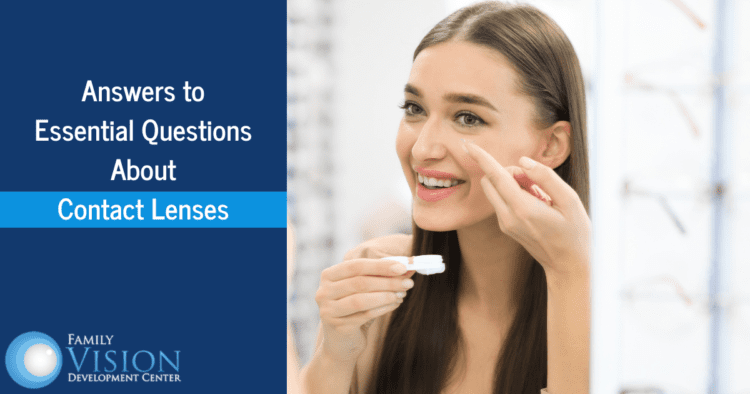

4 Important Tips to Avoid a Dangerous Head Injury This Summer
Summer in the Chicago area is a great time to get outside and enjoy the weather. However, certain summer activities can present the opportunity for a head injury or concussion to occur, so extra precautions should be taken in these instances. A concussion is a mild traumatic brain injury that results from a bump, blow or jolt to the head or the body that is violent enough to cause the brain to hit the skull. This type of head injury can be very serious, often with long-term lasting effects to your vision, memory, concentration and more. The following tips can help you stay safe this summer and avoid a dangerous traumatic brain injury.
Wear a Seat Belt
Summer often brings more people out on the roads. Vacations, events, festivals and other summer activities create extra traffic during the warmer months. On top of that, summer is the time for road construction, so lanes may be uneven or rerouted. Summer driving conditions make it all the more important to wear a seat belt, as auto accidents are one of the most common causes of a head injury.
Wear a Helmet
Being active in the summer is a great way to stay healthy while enjoying the weather. But it is important to wear a helmet whenever necessary in order to avoid a serious head injury. For example, kids and adults on bikes should never ride without a helmet. Additionally, anyone participating in a sporting activity should always wear the appropriate head protection. And never get on a moving motorcycle without securing a well-fitting helmet.
Pay Attention
It’s easy to get distracted while you’re having fun, but paying attention is an essential way to prevent accidents. Poolside decks can be extremely slippery with great potential to cause a fall if you’re not careful. Another pool danger to watch out for is the depth of the water. Diving into a shallow pool can cause a serious head injury, so always check before jumping or diving in. Most importantly, parents need to pay attention to kids’ activities. Along with pools, playground accidents are another big cause of serious head injuries. Always supervise and offer help when needed on playground equipment to avoid a dangerous fall.
Stay Hydrated
Lack of adequate fluid intake can be dangerous during the warmer months as it can result in dehydration. Participating in outdoor activities, such as hiking, biking or sporting activities, can cause a greater loss of fluids. Dehydration that occurs when you do not replenish those fluids can result in dizziness and fainting. A head injury is certainly possible from a fall like this.
Vision Therapy Following a Head Injury
If you have experienced any signs of a concussion following a head injury, it is very important to seek the appropriate care right away. Along with common symptoms of a concussion such as headache, nausea, dizziness, or sluggishness, some vision symptoms to watch out for include:
- Eye focusing – not being able to quickly and easily see an object clearly (objects look blurry)
- Eye Movements and Tracking – not able to easily follow a moving object from one spot to another, or switch fixation from one object to another. Sometimes this can be reported by students saying that words are moving on the page.
- Depth Perception Issues – difficulty with accurately judging the distance between objects.
- Eye Teaming – not able to get both eyes to work together to focus on an object, often reported as double vision
- Peripheral Vision Loss – problems with your wide-angle field of vision, or feeling like you’re looking through a narrow tube
Vision therapy is an extremely effective form of treatment for post-concussive vision syndrome that occurs following a head injury. This type of individualized rehabilitation program helps to retrain the visual system to restore proper communication between the eyes and brain. Family Vision Development Center is an exceptional concussion center that incorporates vision therapy programs to correct visual disorders that occur as a result of head trauma. Contact us at 630-862-2020 to learn more or to schedule an appointment in our Aurora office location.
Family Vision Development Center is a full-service vision center offering innovative vision therapy services, post-concussive vision rehabilitation, comprehensive vision exams for eyeglasses and contact lenses, management of ocular diseases including glaucoma, diabetes, macular degeneration and cataracts, and a state-of-the-art optical center offering the latest designs in eyewear. We are dedicated to keeping our patients comfortable and well-informed and we will explain every exam and procedure and answer all of your questions. We accept both scheduled and emergency appointments, and offer convenient financing and insurance options to ensure that high-quality vision care is available and affordable to all of our patients.

